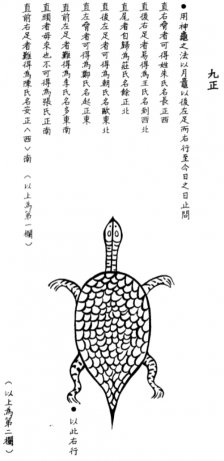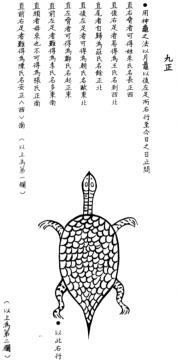Predicting Contingency in Imperial China
by Zhao Lu
In accounting for uncertainty, contingency plays an intriguing role. It has become intertwined with uncertainty and unpredictability. This project is aimed to untangle the entanglement among contingency, uncertainty, and predictability.
More specifically, we will survey how historical actors in imperial China expressed contingency, or a relationship that was neither random nor necessary. Instead of engaging in a solely conceptual discourse, we will focus on how concepts like “contingency” and “uncertainty” emerged from divinatory practice, and how they were specifically gauged toward the mechanism of divination.
For example, we will see how Wang Chong 王充 (27–97 CE) examined divinatory practices of his time and designed versions of non-causal relationships accordingly. Wang Chong critiqued the causal relationship between divinatory signs and predicted events that his temporaries believed in. But instead of deeming it random, he described how people with different fortunes predictably aggregate with different divinatory signs. He further reified such aggregation through comparisons with the conjunctions (yu 遇) of celestial bodies, to coincidences (ou 偶) between two events, and to encountering (zao 遭) troops.

Turtle Divination from the first century CE (redrawing)

